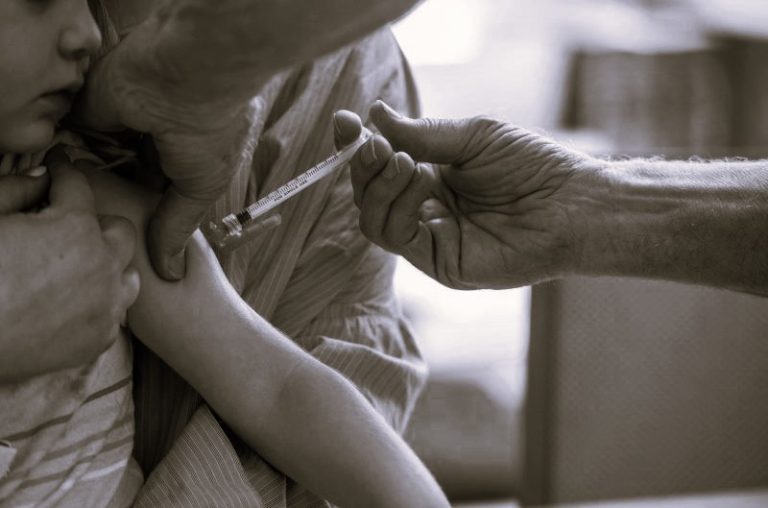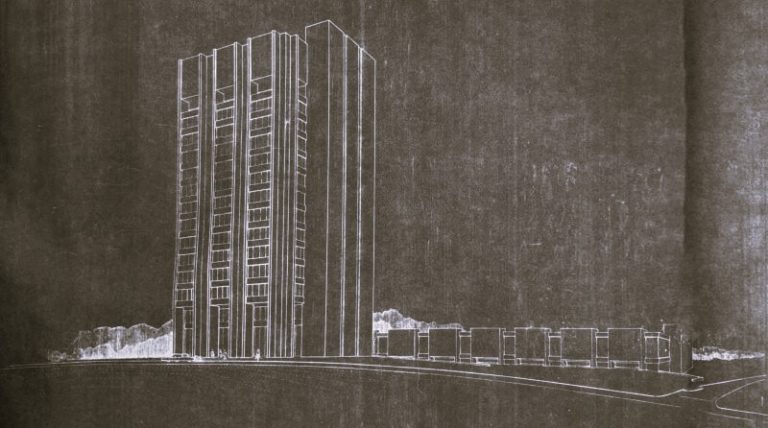

Scientists need to get out of their echo chambers.
One of the first questions Lee McIntyre, a philosopher at Boston University, poses about those who insist the Earth is flat is: “Can these people be serious?” As one of the most extreme examples of science denial, McIntyre starts his book, How to Talk to a Science Denier: Conversations with Flat Earthers, Climate Deniers, and Others Who Defy Reason, by describing his visit to the 2018 Flat Earth International Conference in Denver, US. The answer to his question, he quickly concludes, is “yes, completely so”.
McIntyre is the author of several previous books, including The Scientific Attitude: Defending Science from Denial, Fraud and Pseudoscience, where he argues that what makes science distinctive is its emphasis on evidence and scientists’ willingness to change theories on the basis of new information. His latest book takes the reader through the current literature on the origins of science denial and the motivations of deniers, both political and personal. He dissects several studies on how we might communicate with those who seem to defy reason, and describes some of his own encounters with people who will not accept what most consider irrefutable scientific evidence.
According to McIntyre the story of science denial starts in the 1950s with the tobacco industry’s campaign to obfuscate the causal link between smoking and cancer. One executive was quoted saying “doubt is our product” and that approach has become a blueprint for science denial, including climate change scepticism, ever since. McIntyre cites a 2018 US poll in which only 29% of respondents believed that climate change is anthropomorphic. He contrasts this with an account of a trip to the Maldives, where the effects of climate change are already clear to see. “Flat-Earthers may have seemed harmless but this kind of science denial could kill us,” he says.
Describing his encounters with flat-Earthers in Denver, McIntyre paints a picture of those attracted to what he sees as almost a cult, finding a mixture of Christian fundamentalists and conspiracy-theory believers. Given his connection to the family of a school shooting victim, one of his most upsetting encounters is with a flat-Earther who also believes that the 2018 Parkland school massacre of 17 people was faked.
READ ENTIRE ARTICLE AT PHYSICSWORLD






